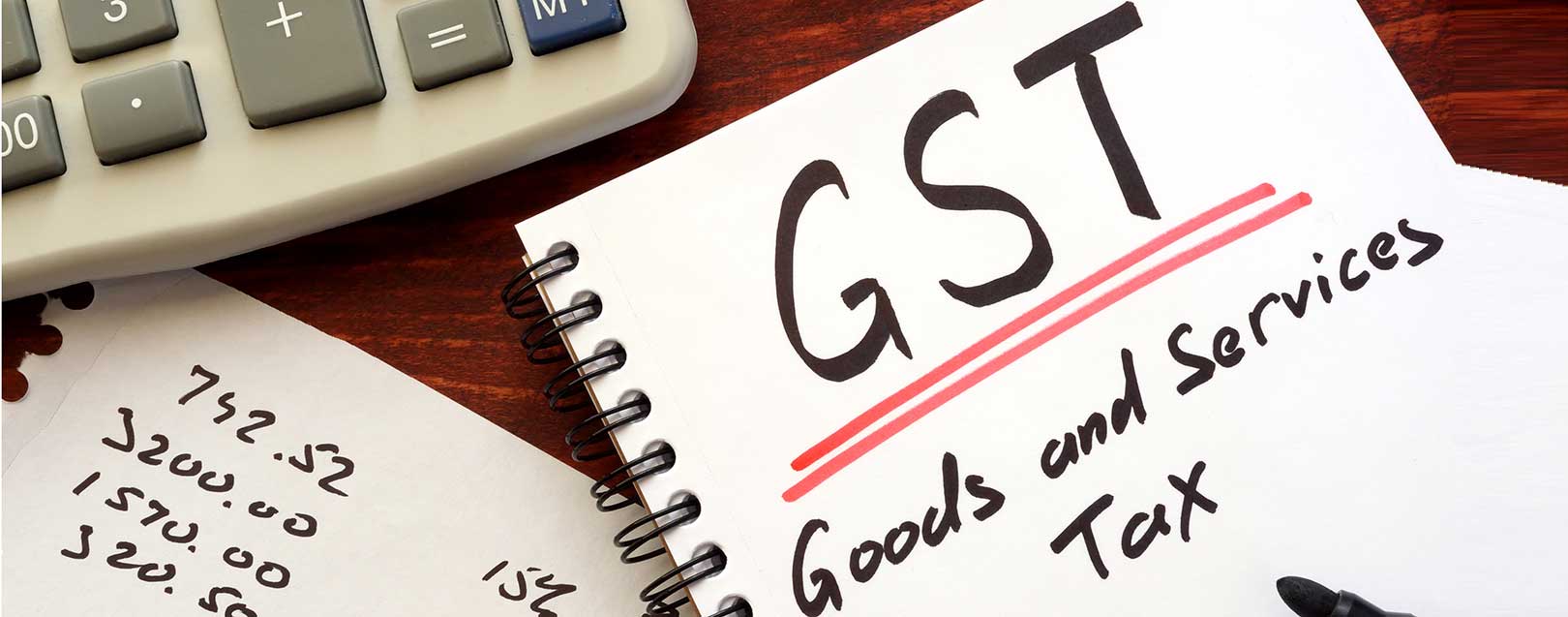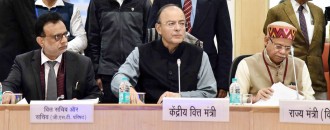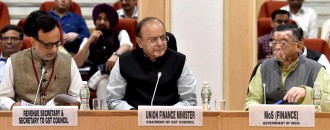
5 states pass State GST bill
By Ranjeet Mahtani and Stella Joseph
Rates
The slab rates for goods has been formulated by the GST Council in November of 2016, as a five-tier rate structure – of 0%, 5%, 12%, 18% and 28% - besides which some products will attract cesses. Rates for services have till date not been officially announced, even while there was wide-spread belief that a two-tier rate structure – 12% and 18% - will be adopted. The Revenue Secretary earlier this week indicated that there would be two slab rates for services, since not all services can be classified within the standard rate of 18%. He also indicated that industries such as transportation may face a lower tax rate since presently they enjoy abatement under Service tax. The GST Council is scheduled to meet in Srinagar on 18th and 19th May to finalise tax rates on different goods and services. The Finance Minister (and Chairman of the GST Council), has affirmed that there will not be any shocks for the industry and consumer, and that the rates for products will closely mimic the effective rates in force. The Finance Minister has indicated that the fitment exercise for goods is at the final stage.
While such statements are reassuring, there are indications that the final rates would be announced only closer to the rollout date (1st July), to prevent hoarding and black-marketing prior to introduction of GST. If this is the state of play it will give trade and industry very little time to adapt their IT/ operational systems as regards the rates and processes.
State GST Bills
Up until now five States -Bihar, Jharkhand, Telangana and Rajasthan and most recently, Chattisgarh, endorsed (and passed) the State GST Bills. News reports suggest that various other States have scheduled special sessions in May to ratify the State GST Bills. The GST Council had earlier urged all the States to ratify the State GST Bills by end of May, and States are frantically working towards this end.
Review of the Foreign Trade Policy
Owing to the imminent GST regime and treatment of exports thereto, the Central Government has also indicated that they will pre-pone the exercise of annual review of the Foreign Trade Policy (“FTP”) 2015-2020. The review is typically scheduled in September but is sought to be preponed to the months before the rollout of GST. The treatment under GST would have to be aligned with the export incentive schemes under the FTP including duty exemption schemes, export promotion capital goods schemes and deemed exports. It remains to be seen how scrips under Advance Authorization and Services Exports from India Scheme will be used for payments under the GST regime.




-Vertical.jpg)



 to success.
to success.